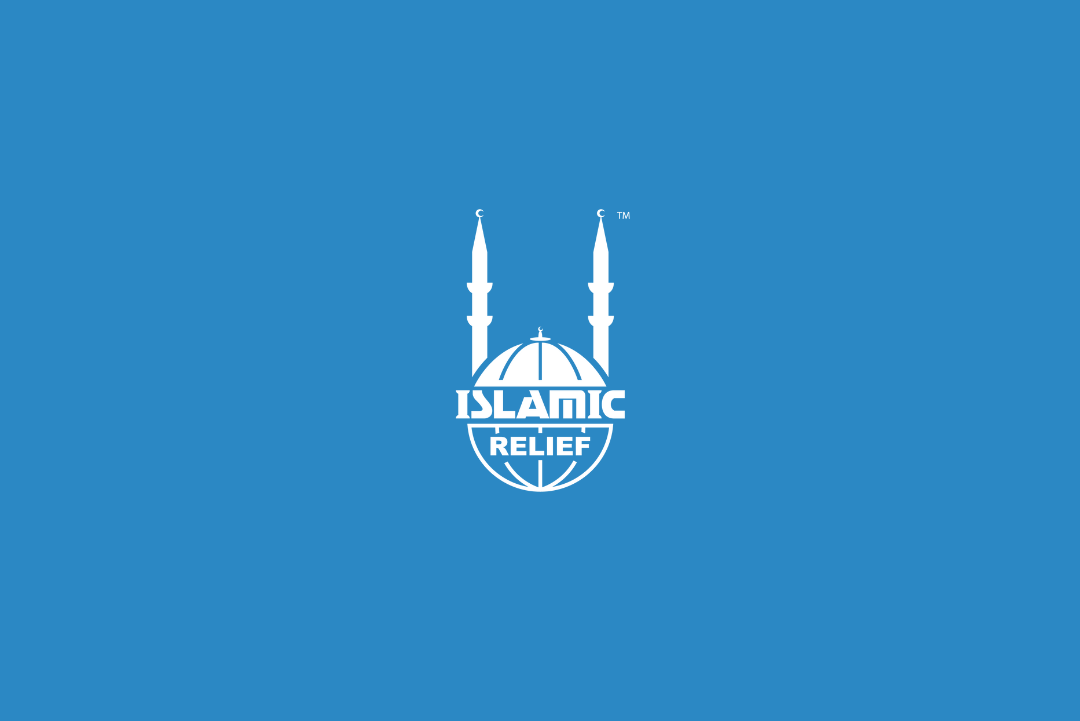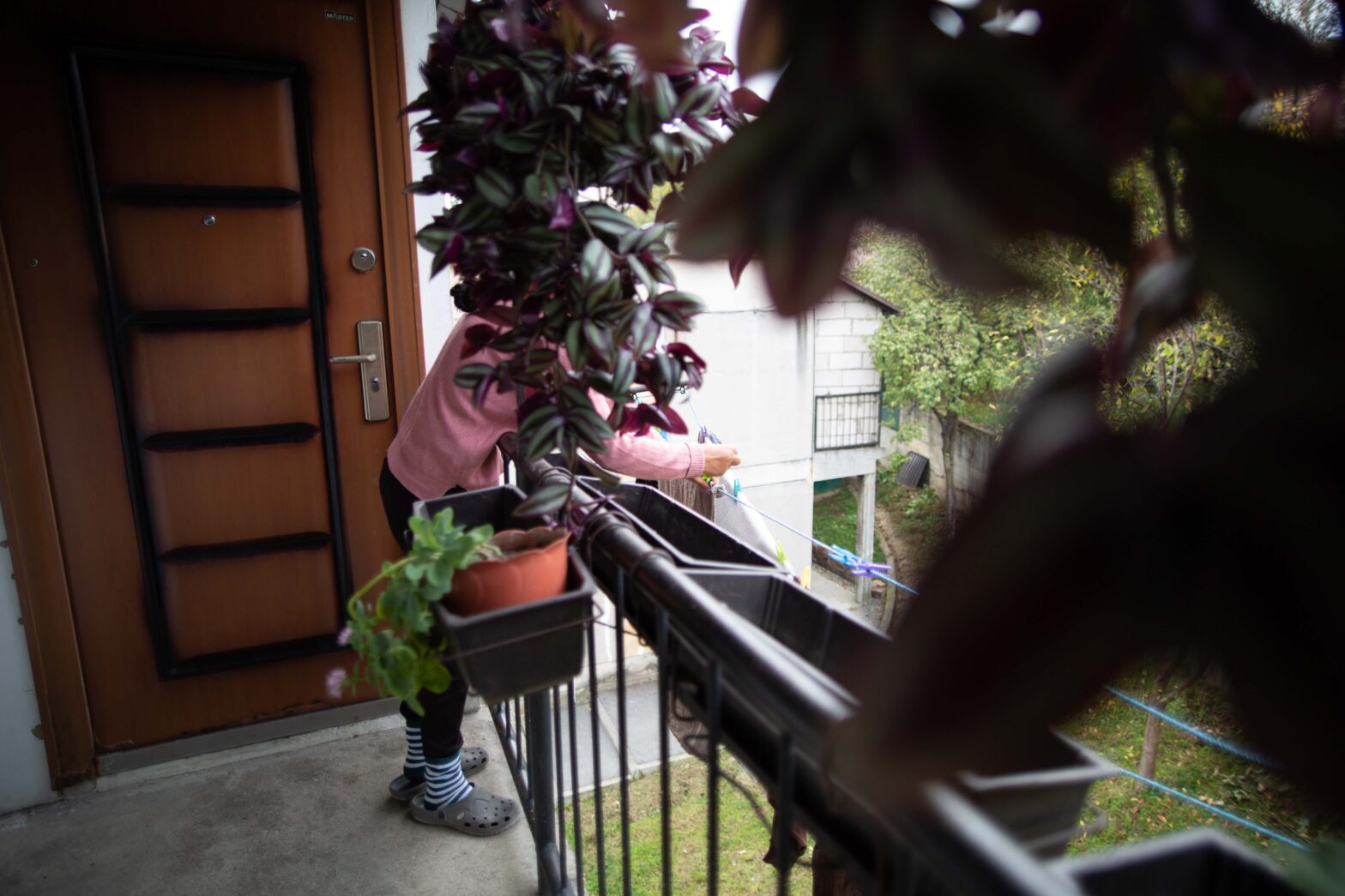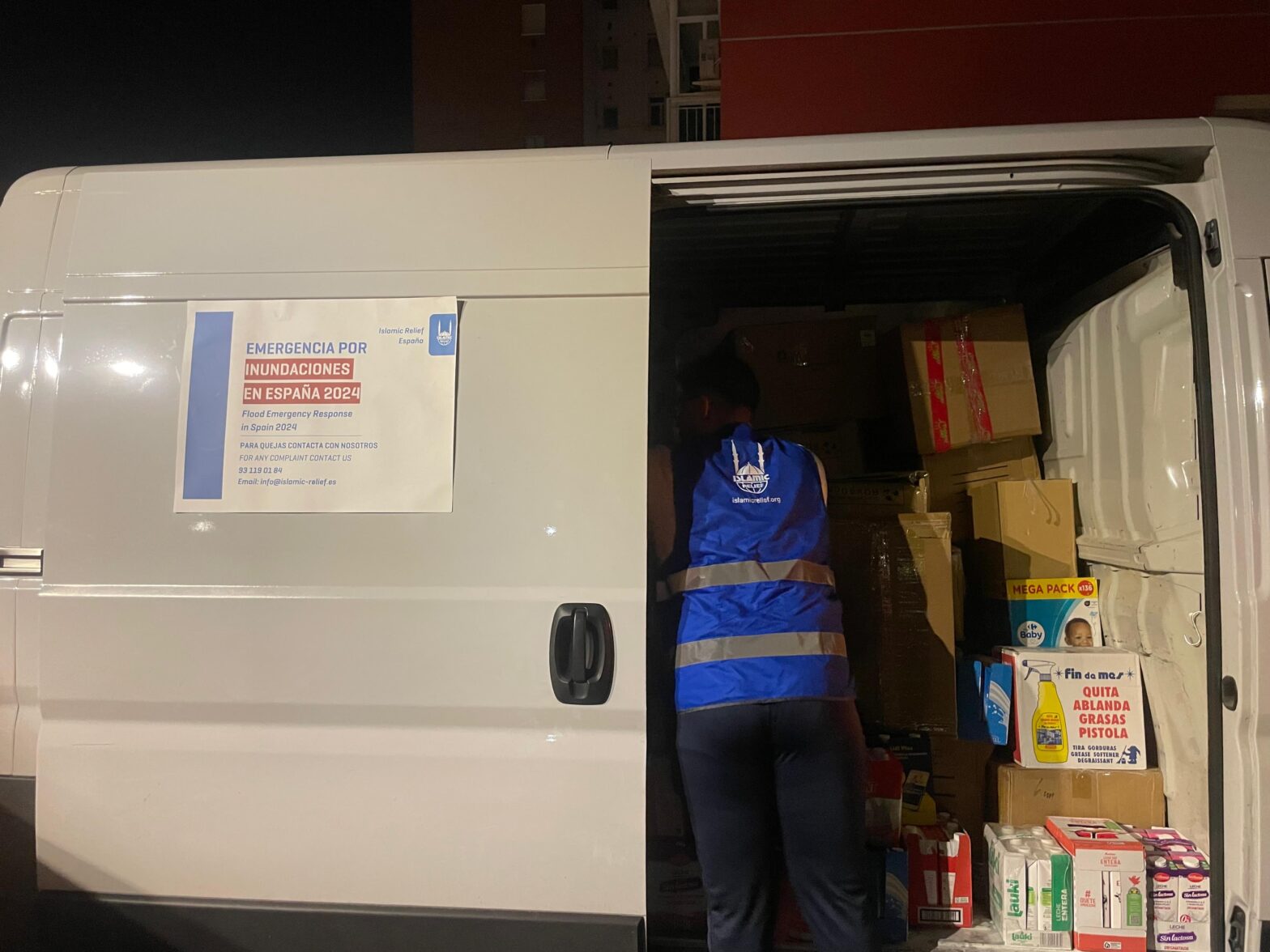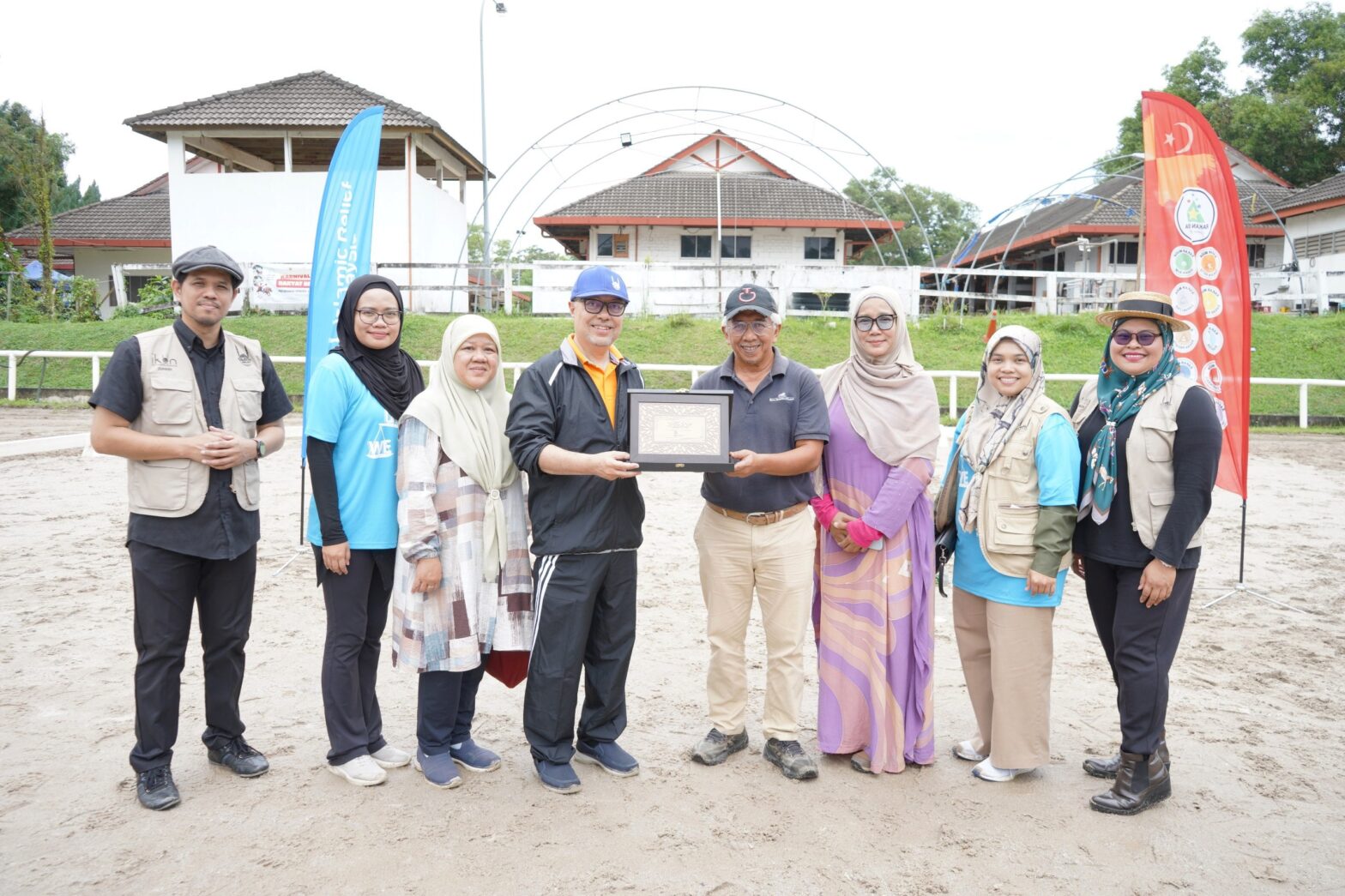Fear is rising in Beirut as Israeli bombing expands to areas of the Lebanese capital which were previously thought safe, Islamic Relief says. The Israeli government is giving citizens in Beirut less warning ahead of airstrikes and the city is increasingly overcrowded as people flee their homes.
Islamic Relief staff say there has been a change in the bombing pattern in Beirut over the last two weeks. Previously much of the bombing was in the southern suburbs of the city and evacuation orders were often given in advance of the airstrikes, but bombing has shifted more heavily to Beirut city centre and is often hitting buildings with no evacuation orders given by the Israeli military in advance.
Even when the Israeli government does give citizens warning ahead of an airstrike it is often around 30 minutes to 2 hours before the attack, not enough time to safely evacuate civilians from the area, Islamic Relief says. Our staff report the lack of warning ahead of strikes along with the sustained attacks themselves are causing chaos, fear and horror in Beirut.
People ordered to evacuate their homes ahead of an airstrike, or those made homeless by an attack don’t know where to go with some sleeping in the streets while waiting to be housed in overcrowded shelters. Some people in Lebanon are impersonating the Israeli government and issuing evacuation orders so they can rob homes, or evict people from their properties, Islamic Relief staff say.
An Islamic Relief staff member was close to a recent Israeli airstrike in Ras al-Nabaa, a neighbourhood previously considered a relatively safe part of Beirut.
Sana Basim, head of programmes with Islamic Relief Lebanon said,
“I was in an apartment around a block away from the airstrike. It was like an earthquake shaking my building, which was engulfed by debris, smoke and a chemical smell of explosives. It was terrifying. My own fear has now increased along with the fear of the city of Beirut.
“The tension is increasing all over Beirut. There is a saying here that goes, ‘Kill me once. You’re killing me slowly.’ The continuous Israeli bombing, the sonic booms, the constant threat of death, the congestion and uncertainty hangs on your nerves and is degrading the population here.”
Beirut is also becoming dangerously overcrowded due to an influx of displaced people. The population of west Beirut has increased by around 50% since the escalation began*.
Tens of thousands of people live in overcrowded shelters, facing uncomfortable conditions with a shortage of food, sanitation, basic essentials and increasingly cold temperatures amid the onset of winter. The cost of rent has increased around 40% in some areas of the city making it more difficult for displaced people to secure shelter. Rubbish is piling up in the streets and there are growing concerns of disease outbreaks like cholera spreading.
Sana Basim continues: “I saw people on the road in a bad state, psychologically disturbed. The city of Beirut is in a cycle of fear. We feel no place is safe and Israel can do anything with no accountability. The sustained attacks without warning are causing chaos, fear and horror. The conditions people are living in are bad with crowded shelters or no shelter and the temperatures are getting colder.”
There has been another wave of intensive bombing across Lebanon last week with strikes in central and suburban Beirut, and the governates of South, Nabatieh, Bekaa and Baalbek-Hermal. There were a succession of airstrikes in Beirut throughout the week with over 20 people killed in one attack on Thursday alone. Around a quarter of Lebanon is now under Israeli evacuation orders. On 14 November in Baalbek District, eastern Leabon the Israeli government bombed a Lebanese Civil Defense building killing 12 emergency health workers who were paramedics.
Israeli attacks have killed more than 3,580 people in Lebanon and wounded over 15,240 since 8 October 2023. More than one fifth of Lebanon’s population has now fled their homes, with nearly 600,000 going to Syria and over 896,000 displaced within Lebanon. More than 1 million people need humanitarian assistance.
Islamic Relief is delivering aid and assistance across Lebanon. It has so far delivered 26,779 food parcels, 8,442 hygiene kits, 3,835 blankets, 1,335 mattresses, 24,981 medical items but more is needed.
Notes
*The government authorities in Beirut employ private companies to collect rubbish in the city which are paid based on the weight of rubbish they collect. This is weighed daily. The government is using this weight increase to calculate the population growth in western Beirut.










VALENCIA, Nov 14 – The devastating DANA storm that hit eastern Valencia, Spain on October 30 has led to massive flooding and claimed 223 lives, marking it as the region’s worst disaster in decades.
Rescue teams continue to search for victims, while survivors face serious hardships, with many lacking electricity and basic necessities.
There is an urgent need for food, water, clothing, blankets, hygiene products, baby supplies, and cleanup assistance.
Valencia has extended school closures and shut down social centers, parks, cemeteries, and sports facilities to ensure public safety.
This decision by the Municipal Emergency Coordination Center (Cecopal) follows warnings from the Spanish Meteorological Agency, as the storm continues to affect parts of Alicante, Castellón, and is now impacting Malaga in the south.
Public health concerns are also rising, with two confirmed cases of leptospirosis linked to floodwaters. Authorities are closely monitoring for more cases due to contamination risks.
Islamic Relief (IR) Spain has been actively assisting by distributing essential supplies like food, water, hygiene items, and cleaning tools in hard-hit areas, such as Paiporta.
They mobilized 100 volunteers over the weekend to help clean streets and homes and delivered halal food to affected households.
At the moment, IR Spain has allocated €50,000 for ongoing support, supporting those impacted by the floods, especially vulnerable groups, and is closely monitoring the situation in Malaga in case more help is needed.